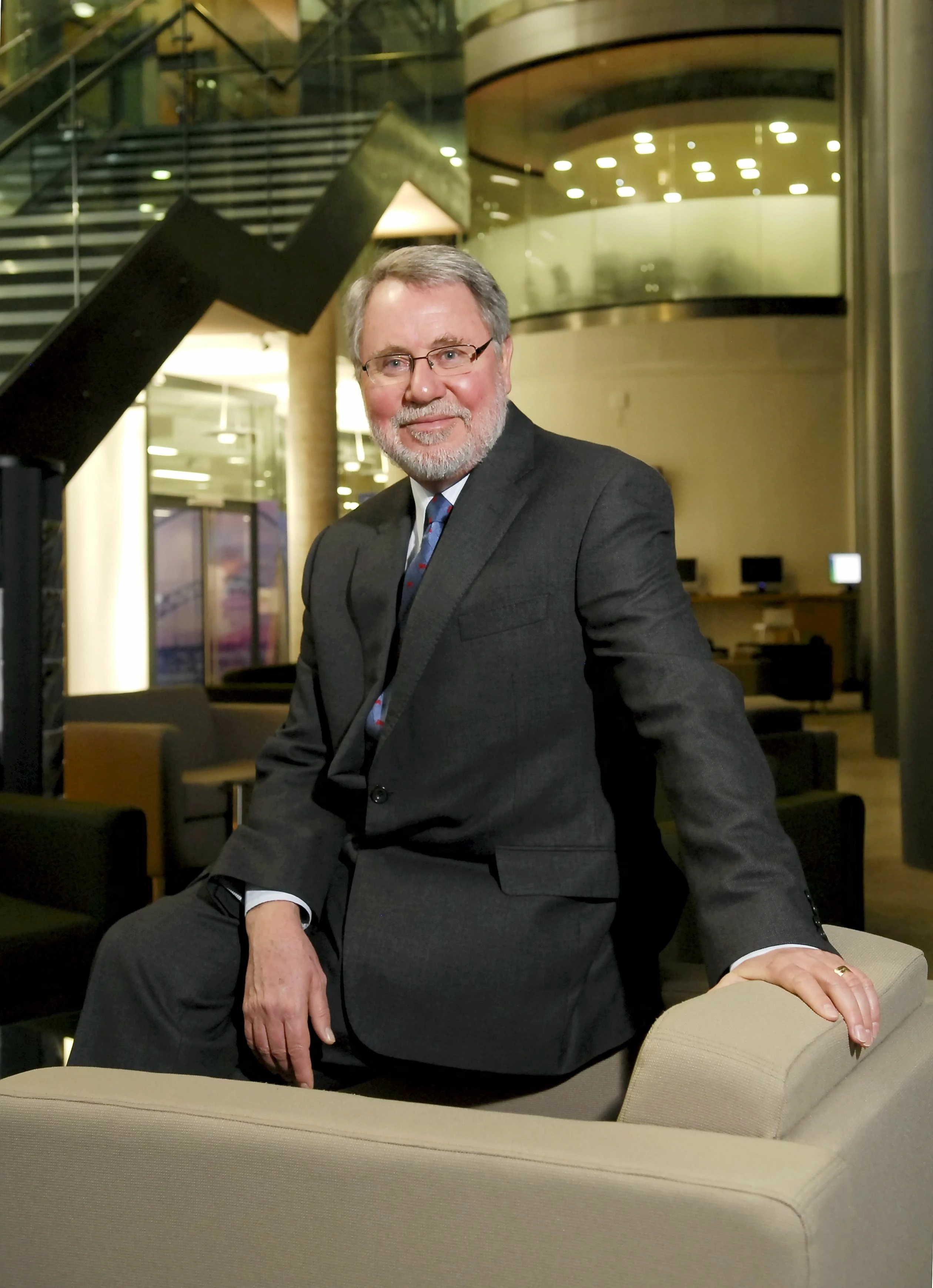
Partner Article
A vision for the future
Professor Brink, Vice-Chancellor, Newcastle University, sets out the shared vision for Newcastle Science City on behalf of the partnership, including the three strands of focus for NSC: promoting scientific excellence; supporting science based businesses; and working with the local community.
Newcastle Science City is the city of Newcastle, as a city of science. What does that mean? It means that we want to do science, we want to get commercial and economic benefit from science, and we want to make science an integral part of the community. The scientific agenda, which the University leads on, is to work on three themes in three places. Through the partnership between Newcastle University, One North East and Newcastle City Council, we will tackle:
- The challenge of healthy ageing at the Campus for Ageing and Vitality, on the site of the Newcastle General Hospital (which is to be decommissioned). We have been building our scientific presence on that site over the past 10 years.
- The scientific challenge of stem cells and regenerative medicine at the Centre for Life, of which we have leased the greater part for the next 15 years.
- The challenge of sustainability from the Science Central site opposite St. James’ Park (still known by many as the Old Brewery site).
It is worth elaborating on the last point. We envisage developing the Science Central site over time as the headquarters of research and development focused on the science and engineering aspects of sustainability, not just as a theoretical exercise, but as applied to the conurbation of NewcastleGateshead.
We see the entire city as an urban laboratory in which scientists, industry, business, local authorities and communities can co-locate and work on turning Newcastle into an exemplar of a sustainable city fit for the future. We envisage the Science Central site not as a satellite campus of the University, nor as a vast commercial enterprise, but as an integral part of the city, a place where people live and work. We aim to combine the best features of three types of development, all of which have been done separately, but not together: a science park, an inner-city development, and an eco-village. The overarching developmental theme is the question of how we can re-engineer the cities we have into sustainable cities, focusing on areas such as energy, infrastructure, transport and marine.
In parallel with developing the “Three themes in three places” scientific vision, we are forging ahead with the two other streams of activity. Dr Peter Arnold, CEO of Science City, leads on the development of science-based companies, and the interaction with existing science-based businesses. He brought to Science City the groundbreaking idea of a demand-led Innovation Machine, where young entrepreneurs get mentored in developing companies responding to identified demands.
Our third stream of activity consists of educational outreach activities to enhance the profile and uptake of science, particularly amongst young people.
Science City, therefore, is not just the piece of land formerly known as the Brewery Site (although that piece of land does figure prominently in our plans). It is a suite of activities aimed at raising the profile of NewcastleGateshead in the global knowledge economy. Nor is Science City a big-bang building development. Rather, we see it as a 10-15 year project, where buildings will go up where and when there is a need.
The first building is already going up, namely the Newcastle University Business School. In the next phase, we plan a Gateway Building, to be followed in due course by buildings where industry, business, public services and researchers co-locate to work on issues relating to sustainability.
Newcastle University last year won research grants worth about £85 million. We have clearly identified areas of strength that cluster under the umbrella of sustainability, and we hope to put them to work within the context of Science City, for the benefit of the city and the region.
This was posted in Bdaily's Members' News section by Helen McLoughlin .
Enjoy the read? Get Bdaily delivered.
Sign up to receive our popular morning National email for free.








 £100,000 milestone drives forward STEM work
£100,000 milestone drives forward STEM work
 Restoring confidence for the economic road ahead
Restoring confidence for the economic road ahead
 Ready to scale? Buy-and-build offers opportunity
Ready to scale? Buy-and-build offers opportunity
 When will our regional economy grow?
When will our regional economy grow?
 Creating a thriving North East construction sector
Creating a thriving North East construction sector
 Why investors are still backing the North East
Why investors are still backing the North East
 Time to stop risking Britain’s family businesses
Time to stop risking Britain’s family businesses
 A year of growth, collaboration and impact
A year of growth, collaboration and impact
 2000 reasons for North East business positivity
2000 reasons for North East business positivity
 How to make your growth strategy deliver in 2026
How to make your growth strategy deliver in 2026
 Powering a new wave of regional screen indies
Powering a new wave of regional screen indies
 A new year and a new outlook for property scene
A new year and a new outlook for property scene